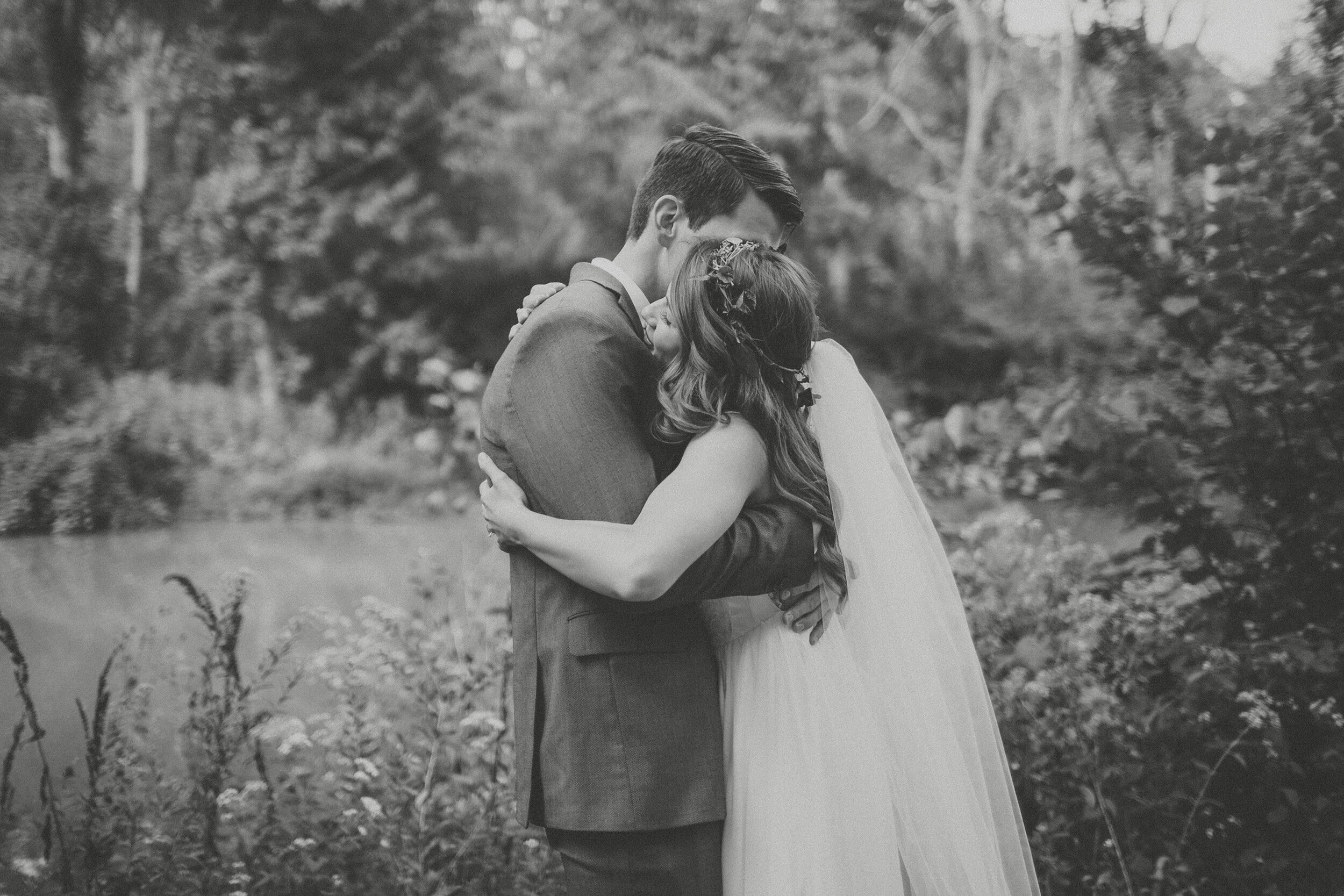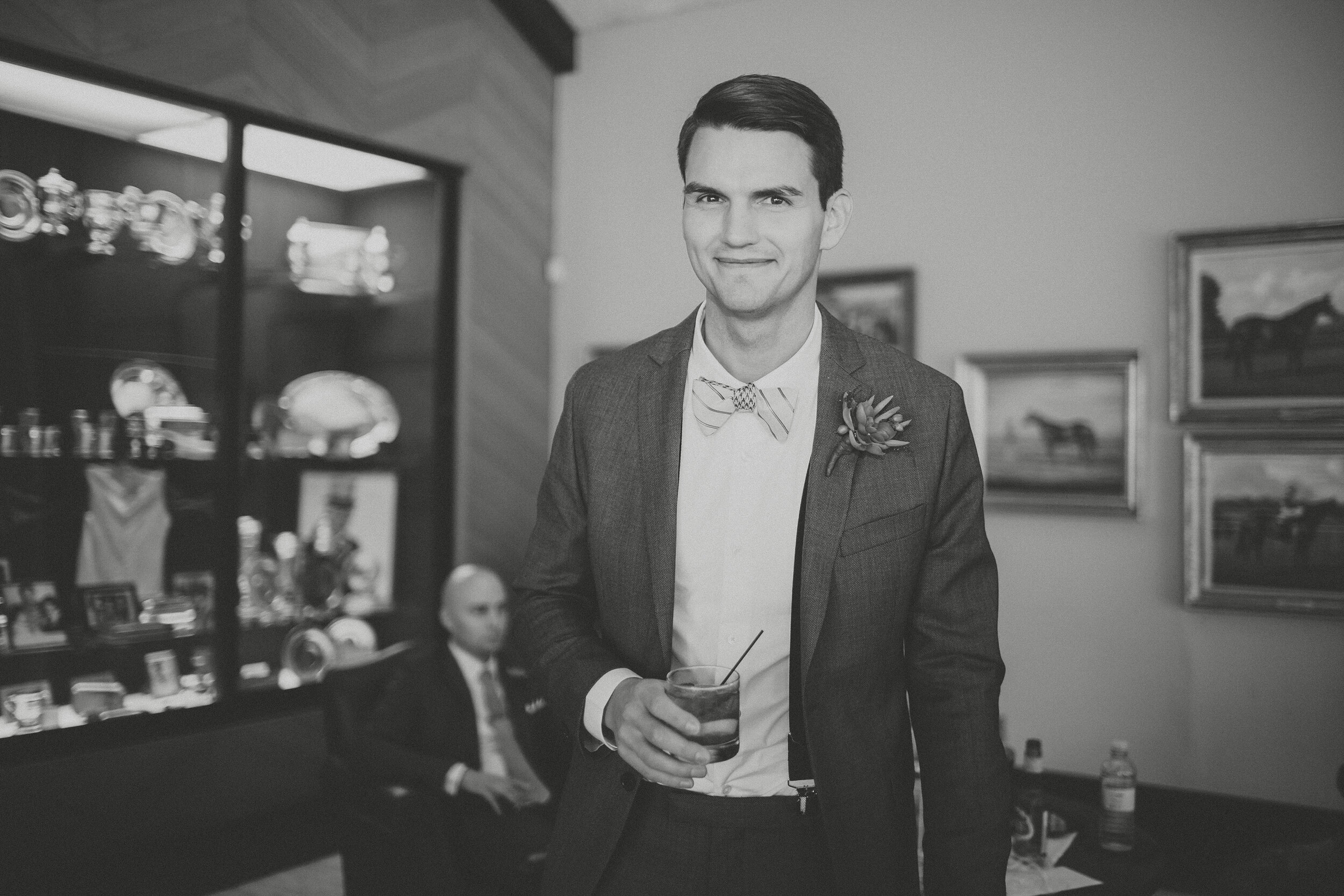Our 6th Wedding Anniversary
We fell asleep and woke up before the sunrise like we always do, and at once, we saw six years of marriage, six years of choosing one another and our love above all else, in our rearview mirror. Internally, we quietly bowed. Externally, we celebrated by building a blanket fort and making a new-to-us sous vide recipe. I laughed as I reminded Jared, “Only you can get away with eating my leftovers as often as you do. Only you can sample colognes throughout the entirety of my pregnancy. Only you.”
Though, what resonates most this September as I think about six years of chosen, committed love isn’t speedy forgiveness upon realizing my leftovers have been eaten or my sharpened sense of smell is overstimulated. It is the idea below, written by Thích Nhất Hạnh.
“You must love in such a way that the person you love feels free.”
I must love in such a way that the person I love feels free. Glennon Doyle, too, calls this “… both held and free” in her recent memoir, Untamed.
As we enter our seventh year of marriage, my highest priority is to make Jared feel both loved and free. Held and free.
Added: September 22, 2020
Last week on Instagram, I shared a few photos taken throughout the past six years. I also wrote briefly about how the concept of love, the history and ideas surrounding chosen, monogamous partnership, and the simultaneous evolution of two independent people and one team are often on my mind.
In return, you also shared your thoughts related to these topics, and you asked some beautiful, profound questions. A collection of these exchanges is below.
Remember, the only lens through which I’m able to speak is a monogamous, heterosexual lens. This is simply one lens. In addition, my chosen form of love is and has been legal. The ability to choose who and how to love is one of the deepest privileges I experience.
“I think of soulmates. Everyone has such unique perspectives about their existence.”
Have you ever experienced the following?
You’ve just met someone for the first time, and you say, “It feels like we’ve met before.”
“It feels like we’ve known each other forever.”
I love to think about the source of this feeling. It, almost always, reminds me of the concept of soulmates.
I love the idea of soulmates, but I don’t feel a need to define the word itself or make a case for their definite existence. The beauty of the idea itself is enough for me to entertain the concept.
Also, do you notice how I use the plural form of the word “soulmates?” Right now, I believe in many. Jared is a soulmate. My sisters are my soulmates. My very closest friends are my soulmates. Jones, undoubtedly, feels like a soulmate to both Jared and me.
To tie this back to chosen love, I do resist the idea of “a singular soulmate.” If I were to die tomorrow, I 100% believe Jared could and should remain open to loving his next soulmate. The idea that I am his one and only soulmate is far scarier to me than the notion that he has many. I hope he has many. I hope that, throughout our lives, he experiences a soul-level connection with me, with others already in his life, and with others he has yet to meet. Simply, I hope we continue to choose our love and our lives above all else; this is what makes our partnership so precious and sacred and romantic.
“How does the language of love translate throughout different phases of a relationship?”
Right now, I resonate most with what Imago theory teaches about different phases of a relationship or the evolution of love.
Now, this is a very quick overview, but essentially, Imago theory discusses three stages of love: romantic love, the power struggle, and conscious (or committed) love.
I’ll write only about my personal experience and my relationship with Jared.
Romantic love was what we experienced when we first began dating. It’s that infatuation-filled, googly-eyed, I-can’t-get-enough-of-you love. It’s exciting and intoxicating and, in my opinion, not meant to last forever, at least in its purest, most euphoric form. I see it as a very special, fleeting chapter that should be cherished and lovingly held, knowing it will evolve into something new. I also believe it’s the stage our society values most, or perhaps it’s the stage our society romanticizes most. Why? I wonder.
We experienced our power struggle our first year of marriage. We lived together before we were married, but we entered a challenging chapter the very first year we were married. Of course, our first year of marriage coincided with a move from Boston to Nashville, new jobs for us both, and a long list of added stressors. But, nonetheless, our first year as husband and wife was the year we were forced to dig into how to best love one another, how to best communicate with one another, and how to best heal and grow as two independent individuals in a committed partnership. Of course, we still work on these things. It feels as though, now, we have different tools (read: better tools) to continue working on these things.
Now, we are experiencing conscious love.
Committed love.
Chosen love.
This love is built upon a strong foundation of infatuation and intoxication mixed with surrender and compromise, healing and growth. It is the richest, deepest love of all. It is the love I would choose again and again.
As you see, in hindsight, I can pinpoint when Jared and I experienced each stage. We are even prepared to re-enter this cycle once our child is here.
Does this resonate with you personally? Does something different resonate with you personally?
“What have you read about these topics?”
Oh boy! Lots!
Overall, I’m drawn to reading about love languages, Imago theory, empathy, co-dependence and independence, and now, co-parenting.
What’s so neat, though, is we can collect and apply anything we experience, really, to our relationships, right?
What does swimming in the ocean teach us about love?
How does our current political climate influence our needs or the way we function in our relationships?
In what way did a close friend show you love that it caused you to want to show love to others in that way moving forward, too?
“I always think about animals! Do you know a species that also picks one mate for life?”
I’d love to research this a bit further. When we think of chosen monogamy, we typically think of two forms of monogamy: social monogamy and reproductive monogamy. For example, two individuals might choose to be in an open relationship (social) but have children with only each other (reproductive). But, there are many forms.
As far as I know, there are many mammals (even insects) who practice lifelong monogamy: wolves, penguins, eagles, beavers…
But, I’m not 100% sure of which form of monogamy they practice. It may be social monogamy, reproductive monogamy, or another form all together.
If you’re interested, dive into some research surrounding monogamy. Monogamy isn’t always chosen; it can be culturally or legally driven, and it can biologically driven, as a result of limited evolutionary consciousness, for example.
Humans in particular experience a level of consciousness (and therefore an ability to engage in conscious decision-making) more than any other mammal on Earth. So, the fact that we can make and understand our own decisions at a level no other mammal can makes our monogamous choices all the more fascinating.
Does anyone have a recommendation for a source to learn more about this?
“My mind takes me back to the ownership of women and how far we have come and how far we still need to go.”
Indeed. We’ve come so far, and we have a long, long way to go. A few questions I allow myself to ask are, “In what ways do we argue binary gender roles in monogamous partnerships harmed the progression of society?”
“In what ways do we argue binary gender roles in monogamous partnerships helped the progression of society?”
We ought to let questions make us uncomfortable. The more we understand many approaches to a belief, the more we can discuss and stand by our own belief.
“How has evolution formed a society in which two become one? Or is it something else?”
I had to read this question a few times to ensure I was thinking about it correctly. At first, I began thinking about how society has created this phenomenon. But, the question asks us to zoom out even further. The question is about how evolution created a society in which two become one.
What a great question! It’s causing my mind to dance.
Evolution created humans who desire safety via community and belonging. We pursued a “pack mentality,” if you will. We felt safer in groups, and because we felt safer in groups, we had an insatiable desire to belong to a group. We pursued feeling wanted, needed, and purposeful. Feeling wanted, needed, and purposeful allowed us to be a part of a group, and being a part of a group kept us safe.
So, overtime, we built societies that created a number of avenues to experience this sense of belonging. Religion, first and foremost, is perhaps the largest form this took on societally.
And, some religions (not all) promoted and rewarded a very specific type of partnership. Catholicism, for example, the largest religion in the world, teaches, reinforces, and rewards monogamous, heterosexual partnership. When the largest religion in the world teaches, reinforces, and rewards any one belief, that belief becomes powerful. It becomes normative. Powerful and normative beliefs create laws that, too, are powerful and normative. Today, I believe we are challenging many of these laws, which is in turn challenging beliefs, which is in turn challenging society as we experience it today, which is in turn challenging our understanding of human evolution and well being.
Evolutionary speaking, I don’t know that we’re wired for lifelong monogamy. I don’t know that we’re not wired for lifelong monogamy. (I invite you to read more about Maasai people, for example.) Simply, I think we are wired to pursue safety, therefore community and belonging, and in many cases, we remain monogamous because it allows us to feel societally normative and therefore wanted, needed, and purposeful.
As always, we could approach this from so many directions! Phew!
Where does your mind lead you as you begin to think about this topic?
Plus, a few thoughts you shared...
“I’m grateful for the trust and stability that come from my relationship with my husband. As we choose to stick together and overcome challenges, we create a meaningful life, one where we don’t run away from problems but work through them and seek to improve. I also believe our monogamous relationship provides a stable setting to raise our children.”
“I always remember: love is a verb and a muscle you must flex to keep strong.”
“I’ve been learning about how much love can be found in what’s not done rather than just what is done.”
Lastly, here are a few collected lessons that have struck me throughout the years.
Marriage is radical and courageous and very romantic.
Was marriage ever supposed to be easy?
Elizabeth Gilbert describes where love grows best in City of Girls.
“I’m gonna die the exact same day as you.”
“What do you want to do? Ruin me?”
View more blog posts here.


